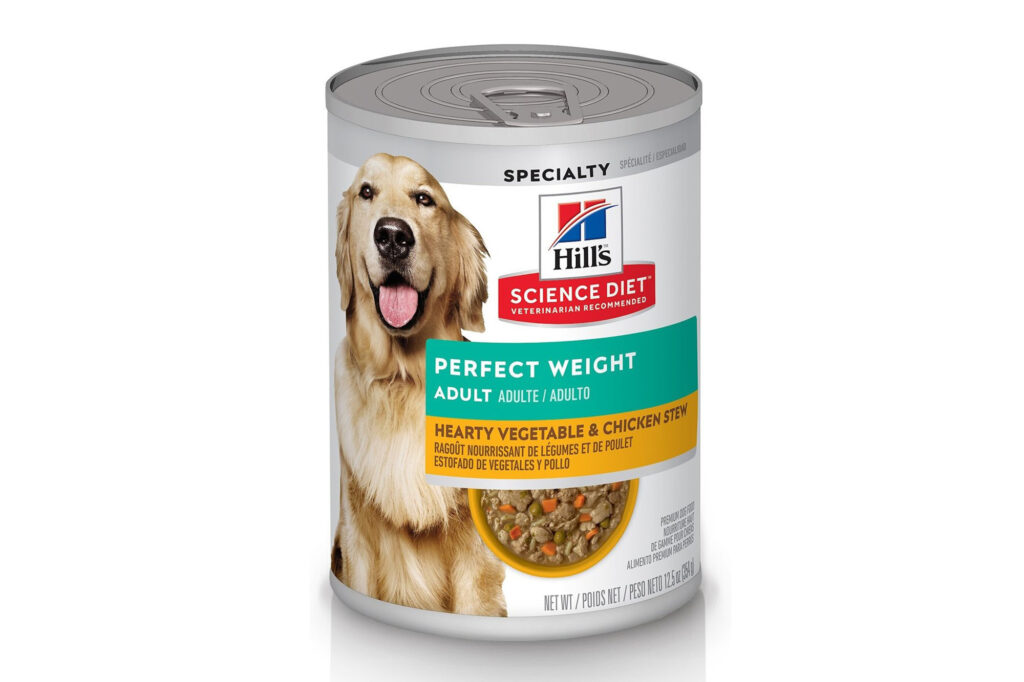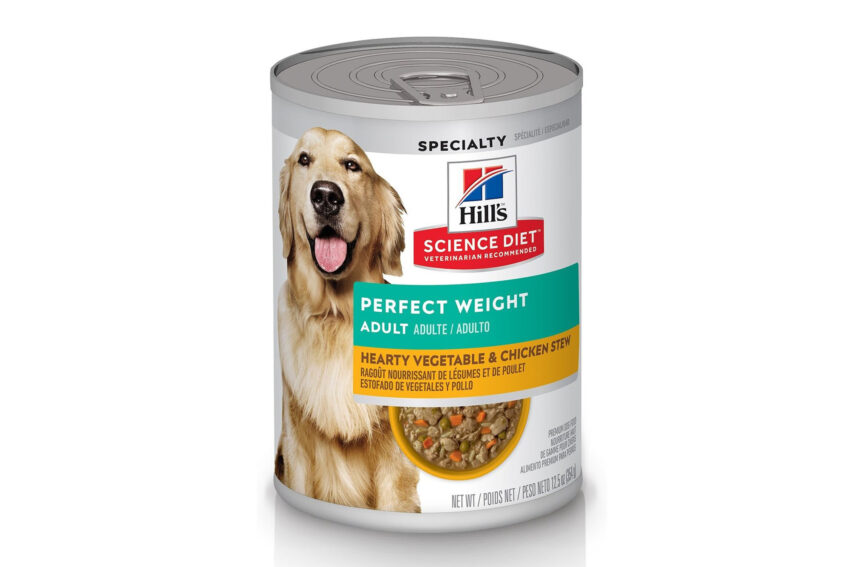
Veterinary Exclusive Dog Food: Is It Worth the Hype?
As pet owners, we’re bombarded with choices when it comes to feeding our furry friends. From grain-free to raw diets, the options seem endless. One category that often sparks curiosity and debate is veterinary exclusive dog food. These specialized diets are formulated and sold primarily through veterinary clinics, promising superior nutrition and health benefits. But is veterinary exclusive dog food truly superior, or is it just a clever marketing strategy? This article delves into the world of veterinary exclusive dog food, exploring its pros, cons, and whether it’s the right choice for your canine companion.
What is Veterinary Exclusive Dog Food?
Veterinary exclusive dog food, also sometimes called prescription diets or therapeutic diets, are specifically formulated to address particular health conditions or provide specialized nutritional support. Unlike over-the-counter (OTC) dog foods, these diets are typically only available through licensed veterinarians. This exclusivity allows vets to closely monitor a dog’s response to the diet and make necessary adjustments to their overall treatment plan.
The key difference between veterinary exclusive dog food and OTC options lies in their formulation. These diets often contain specific ingredients or nutrient levels that are tailored to manage conditions such as:
- Food allergies and sensitivities
- Kidney disease
- Liver disease
- Diabetes
- Obesity
- Digestive issues
- Joint problems
- Heart disease
For instance, a dog with kidney disease might require a diet lower in protein and phosphorus to reduce the workload on their kidneys. A diabetic dog may benefit from a high-fiber, controlled-carbohydrate diet to help regulate blood sugar levels. These specific formulations are often not found in standard OTC dog foods.
The Pros of Veterinary Exclusive Dog Food
There are several potential advantages to choosing veterinary exclusive dog food, particularly if your dog has a specific health condition:
Targeted Nutrition
The primary benefit is the highly targeted nutrition these diets provide. They are formulated based on scientific research and veterinary expertise to address specific health needs. This can lead to improved management of chronic conditions and potentially slow disease progression. For example, veterinary exclusive dog food designed for dogs with urinary issues often contains ingredients that help dissolve or prevent the formation of bladder stones.
Veterinarian Oversight
Having your veterinarian involved in your dog’s diet is a significant advantage. They can assess your dog’s individual needs, recommend the appropriate diet, and monitor their progress. This close monitoring allows for adjustments to the diet or medication as needed, ensuring the best possible outcome for your pet. Furthermore, the vet can help rule out other potential issues if the diet isn’t producing the desired results.
Quality Control and Research
Manufacturers of veterinary exclusive dog food often invest heavily in research and development. They conduct rigorous testing and quality control measures to ensure the safety and efficacy of their products. This often includes feeding trials and scientific studies to validate the claims made about their diets. This level of research and quality control is not always consistent across all OTC dog food brands.
Palatability
While some believe that veterinary exclusive dog food is less palatable than commercial brands, manufacturers are increasingly focusing on improving the taste and texture of these diets. Many dogs find them highly palatable, which is crucial for ensuring they eat the food consistently, especially when dealing with health issues that can affect appetite. A palatable veterinary exclusive dog food ensures your dog receives the necessary nutrients without a struggle.
The Cons of Veterinary Exclusive Dog Food
Despite the potential benefits, there are also some drawbacks to consider before switching to veterinary exclusive dog food:
Cost
One of the most significant barriers for many pet owners is the cost. Veterinary exclusive dog food tends to be more expensive than OTC options. This is due to the higher cost of research, development, and specialized ingredients. The price difference can be substantial, especially for large breed dogs that require a significant amount of food.
Accessibility
Veterinary exclusive dog food is primarily available through veterinary clinics, which can be inconvenient for some pet owners. It may require scheduling appointments or making special trips to the vet solely to purchase food. While some online retailers offer these diets, they typically require veterinary authorization. This limited accessibility can be a challenge for those who live in remote areas or have difficulty traveling.
Potential for Misdiagnosis
While rare, there’s always a potential for misdiagnosis or unnecessary dietary changes. It’s crucial to ensure your veterinarian has thoroughly evaluated your dog’s condition and that the recommended diet is truly necessary. Getting a second opinion from another veterinarian can be helpful if you have any doubts or concerns. A proper diagnosis is key to ensuring the veterinary exclusive dog food will be beneficial.
Not Always Necessary
It’s important to remember that not all dogs need veterinary exclusive dog food. Many healthy dogs can thrive on high-quality OTC diets. In some cases, a change in lifestyle, such as increased exercise or portion control, may be sufficient to address certain health concerns. Always consult with your veterinarian to determine the best course of action for your individual dog.
Making the Right Choice: Consulting Your Veterinarian
The decision of whether or not to feed your dog veterinary exclusive dog food should always be made in consultation with your veterinarian. They can assess your dog’s individual needs, diagnose any underlying health conditions, and recommend the most appropriate diet. Be sure to discuss your concerns about cost, accessibility, and potential side effects. Your veterinarian can provide valuable insights and help you make an informed decision that is in the best interest of your pet.
Before making a switch, ask your vet the following questions:
- Why is this diet necessary for my dog’s specific condition?
- What are the expected benefits and potential risks?
- How long should my dog be on this diet?
- What are the alternative options?
- How will we monitor my dog’s progress on this diet?
Remember that diet is just one piece of the puzzle when it comes to your dog’s health. Regular exercise, proper grooming, and preventive care are also essential for maintaining their overall well-being. [See also: Dog Exercise Tips for a Healthy Pup] [See also: The Importance of Regular Vet Checkups]
Alternatives to Veterinary Exclusive Dog Food
If veterinary exclusive dog food is not feasible or desired, there are alternative options to consider, always under the guidance of your veterinarian:
- High-Quality OTC Diets: Some OTC dog foods are formulated with specific health needs in mind, such as weight management or sensitive stomachs. Look for brands that are backed by scientific research and have a good reputation.
- Homemade Diets: Preparing your dog’s food at home allows you to control the ingredients and tailor the diet to their specific needs. However, it’s crucial to work with a veterinary nutritionist to ensure the diet is balanced and complete.
- Supplementation: In some cases, adding specific supplements to your dog’s regular diet may be sufficient to address certain health concerns. For example, glucosamine and chondroitin can help support joint health.
The Future of Dog Nutrition: Personalized Diets
The field of dog nutrition is constantly evolving, with a growing emphasis on personalized diets. As research advances, we may see more options for tailoring diets to a dog’s individual genetic makeup and specific health needs. This could involve using genetic testing to identify potential health risks and formulating diets to mitigate those risks. The future of veterinary exclusive dog food may involve more personalized and targeted approaches to nutrition, offering even greater benefits for our canine companions.
Conclusion: Is Veterinary Exclusive Dog Food Right for Your Dog?
Veterinary exclusive dog food can be a valuable tool in managing certain health conditions in dogs. Its targeted nutrition, veterinarian oversight, and rigorous quality control offer significant advantages. However, the cost and accessibility can be barriers for some pet owners. Ultimately, the decision of whether or not to use veterinary exclusive dog food should be made in consultation with your veterinarian, taking into account your dog’s individual needs and circumstances. If your dog has a diagnosed condition, veterinary exclusive dog food may significantly improve their quality of life. If you’re simply looking for a healthy maintenance diet, a high-quality over-the-counter option may suffice. Always prioritize your dog’s health and well-being when making dietary choices.
